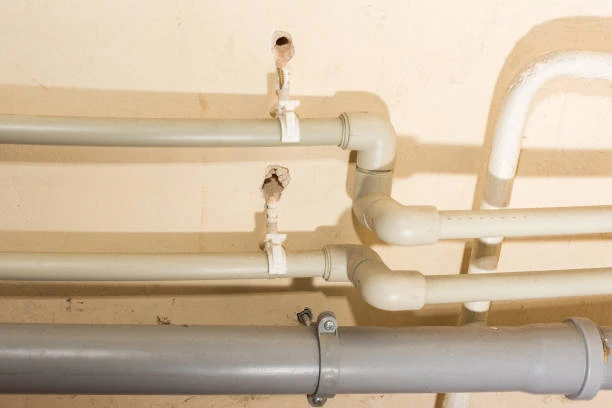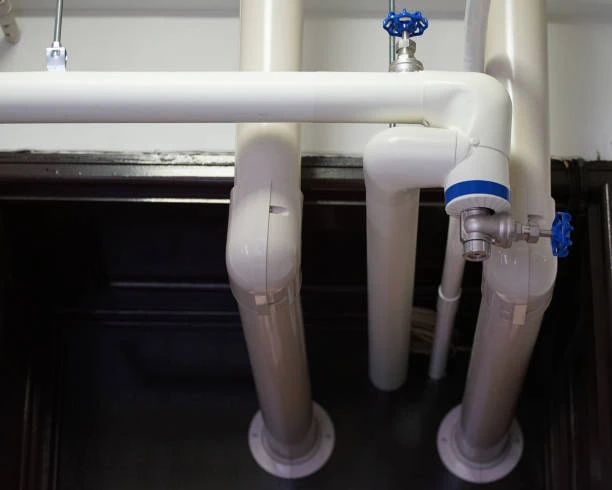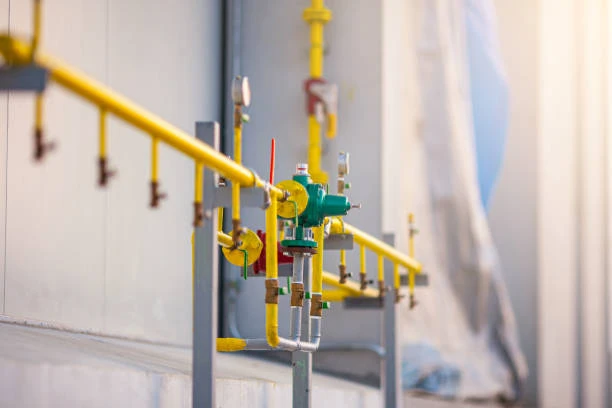Introduction to Ancient Building Preservation
Preserving ancient buildings is crucial for cultural heritage. These structures tell stories of past civilizations. They showcase architectural styles and historical significance. Among various materials used in preservation, copper fittings play a vital role. Specifically, plumbing pipes made from copper offer durability and resistance to corrosion. This article explores the importance of copper fittings in maintaining ancient buildings.
Benefits of Copper in Preservation
Copper provides numerous benefits for ancient building preservation. First, it resists corrosion, which is essential for longevity. Ancient structures often face environmental challenges. Rain, humidity, and pollutants can cause damage. Copper plumbing pipes withstand these elements effectively. Additionally, copper has antimicrobial properties. This helps prevent the growth of harmful bacteria and fungi. Thus, using copper fittings ensures a healthier environment within preserved buildings.
Historical Use of Copper Fittings
Historically, copper fittings have been used in various civilizations. Ancient Egyptians utilized copper for plumbing in their structures. Similarly, the Romans employed copper in aqueducts and baths. These examples highlight copper’s long-standing importance. Its ability to endure the test of time makes it a preferred choice for restoration projects. Today, preservationists continue to rely on copper plumbing pipes for their projects, ensuring historical accuracy.
Integration with Modern Techniques
Modern preservation techniques often incorporate copper fittings. Experts combine traditional methods with contemporary technology. For instance, using copper plumbing pipes can enhance water management systems. This integration allows for improved functionality while maintaining historical integrity. Preservationists can replace outdated systems without compromising the building’s character. This approach ensures that ancient buildings remain functional and relevant in today’s world.
Case Studies of Successful Preservation
Several successful preservation projects highlight the role of copper fittings. One notable example is the restoration of the Colosseum in Rome. Preservationists used copper plumbing pipes to improve drainage systems. This decision helped protect the structure from water damage. Another example is the restoration of historic homes in New Orleans. Here, copper fittings enhanced plumbing systems while maintaining the original architecture. These case studies demonstrate the effectiveness of copper in preservation efforts.
Challenges in Using Copper Fittings
Despite the benefits, some challenges exist in using copper fittings. One major concern is the cost. Copper can be more expensive than other materials. This may limit its use in certain projects. Additionally, sourcing high-quality copper fittings can be difficult. Preservationists must ensure they use authentic materials to maintain historical accuracy. Despite these challenges, the advantages of copper often outweigh the drawbacks.
Environmental Impact of Copper
The environmental impact of using copper fittings is another consideration. Copper is a recyclable material, making it eco-friendly. When preservation projects conclude, the fittings can be reused or recycled. This reduces waste and promotes sustainability. Moreover, copper’s durability means it lasts longer than other materials. This longevity minimizes the need for frequent replacements, further benefiting the environment.
Conclusion: The Future of Copper in Preservation
In conclusion, copper fittings play a crucial role in ancient building preservation. Their durability, historical significance, and resistance to corrosion make them invaluable. Plumbing pipes made from copper enhance both functionality and aesthetics. As preservation techniques evolve, copper will likely remain a key material. By embracing copper fittings, we can ensure the longevity and integrity of our cultural heritage. Investing in copper for preservation projects enriches our understanding of history while protecting it for future generations.
IFAN Products international standards
IFAN products strictly adhere to a comprehensive range of international standards, encompassing ISO 15874, EN 15874, ASTM F2389, DIN 8077/8078, GB/T 18742, NBR 15884, ISO 15494, EN ISO 15494, GB/T 19472, NBR 15494, ASTM 2846 (501), DIN 8079/8080 (502), ASTM F441/F441M SCH80 (503), DIN (504), DIN (505), GB/T 18993, AS/NZS 1477, CSA B137.6, NSF/ANSI 14, TIS 17-2532/1131-2535, BS 3505, BS 4346 (801), ASTM D1785 SCH40 (802), ASTM D1785 SCH80 (803), DIN (804), GB (805), GB (806), GB(901), DWV(902), ASTM D2665 (903), along with ASTM D2241, D2665, D2729, and F441/F441M series, ISO 1452, EN ISO 1452, DIN 8061/8062, GB/T 10002, AS/NZS 1477, JIS K6741, CSA B137.3, and other national and industry norms.
Connect
IFAN is a Chinese manufacturer of plastic pipes, fittings and valves with 30 years of experience. If you are interest in IFAN copper fittings, copper valves, plastic pipes and fittings, please contact us. IFAN offers you a variety of standard pipes to meet your specific needs. Click below to learn more about IFAN’s wide range of affordable and cost-effective valve products and piping system related products.
We will reply your email or fax within 24 hours.
You can call us at any time if there is any question on our production.
For more information,pls visit our webside https://waterpipefitting.com/
Pls Mailto: [email protected]
Whatsapp: +86 15088288323














Recent Comments